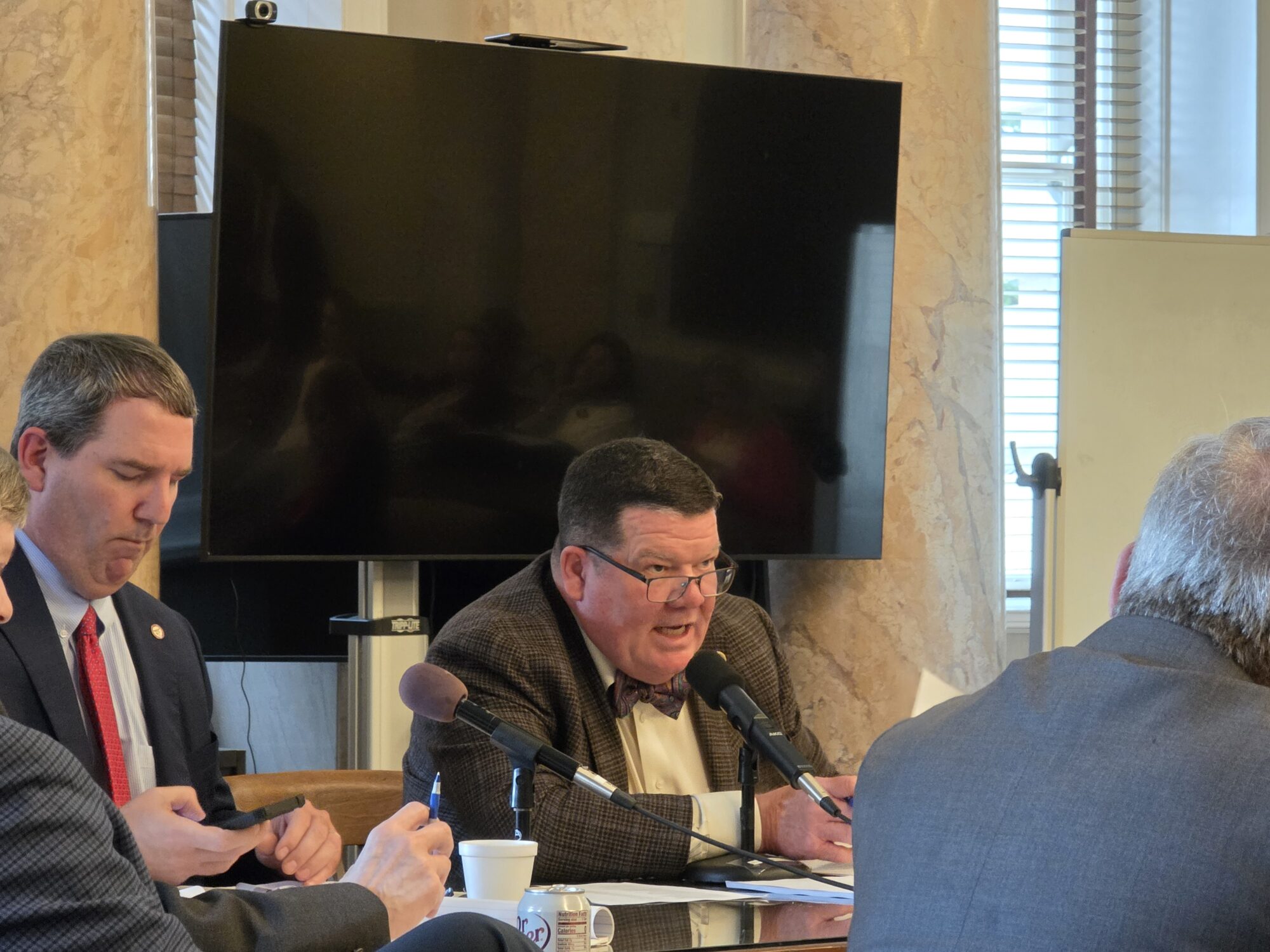| School | Total allocation | Student grant allocation |
|---|---|---|
| University of Southern Mississippi | $13,506,042 | $6,753,021 |
| Mississippi State University | $17,856,109 | $8,928,054 |
| University of Mississippi | $16,642,638 | $8,321,319 |
| Jackson State University | $8,446, 248 | $4,223,124 |
| Alcorn State University | $5,896,916 | $2,943,458 |
| Mississippi Valley State University | $3,079,829 | $1,539,915 |
| Delta State University | $2,524,437 | $1,262,219 |
| Mississippi University for Women | $2,188,061 | $1,094,031 |
| William Carey University | $2,370,656 | $1,185,328 |
| Pearl River Community College | $4,385,949 | $2,192,975 |
| Jones College | $3,808,681 | $1,904,341 |
| Southeastern Baptist College | $73,845 | $36,923 |

U.S. Secretary of Education Betsy DeVos announced Thursday more than $6 billion will be distributed immediately to colleges and universities to provide direct emergency cash grants to college students whose lives and educations have been disrupted by the coronavirus outbreak. The funding is available through the Higher Education Emergency Relief Fund authorized by the Coronavirus Aid, Relief, and Economic Security (CARES) Act, signed into law by President Donald J. Trump less than two weeks ago.
“What’s best for students is at the center of every decision we make,” said Secretary DeVos. “That’s why we prioritized getting funding out the door quickly to college students who need it most. We don’t want unmet financial needs due to the coronavirus to derail their learning.”
The CARES Act provides nearly $14 billion to support postsecondary education students and institutions. Colleges and universities are required to utilize the $6.28 billion made available today to provide cash grants to students for expenses related to disruptions to their educations due to the COVID-19 outbreak, including things like course materials and technology as well as food, housing, health care, and childcare. In order to access the funds, the Department must receive a signed certification from the higher education institution affirming they will distribute the funds in accordance with applicable law. The college or university will then determine which students will receive the cash grants.
School allocations are set by formula prescribed in the CARES Act that is weighted significantly by the number of full-time students who are Pell-eligible but also takes into consideration the total population of the school and the number of students who were not enrolled full-time online before the coronavirus outbreak. The Department is utilizing the most recent data available from the Integrated Postsecondary Education Data System (IPEDS) and Federal Student Aid (FSA) for this calculation.
Institutions will receive allocations and guidance for the institutional share of the Higher Education Emergency Relief Fund in the coming weeks. Institutions will be able to use these funds to cover costs associated with significant changes to the delivery of instruction due to the coronavirus.
Additional information on institution-level funding for students, including data tables, can be found here. The Secretary’s letter to college and university presidents with additional information on this funding allocation can be found here.
The funding allocations announced Thursday are part of the nearly $31 billion Congress allocated to the Department to distribute to students, K-12 schools, and higher education institutions under the CARES Act. The Department, at the Secretary’s urging, is working to make funds available as quickly as possible.
The Department continues to update ed.gov/coronavirus with information for students, parents, educators and local leaders about how to prevent the spread of COVID-19.
For more information about COVID-19, please visit the following websites: coronavirus.gov, cdc.gov/coronavirus/2019-ncov/index.html, and usa.gov/coronavirus.
For Mississippi the breakdown will look like this, courtesy of WLOX:
About the Author(s)
Sarah Ulmer
Sarah is a Mississippi native, born and raised in Madison. She is a graduate of Mississippi State University, where she studied Communications, with an emphasis in Broadcasting and Journalism. Sarah’s experience spans multiple mediums, including extensive videography with both at home and overseas, broadcasting daily news, and hosting a live radio show. In 2017, Sarah became a member of the Capitol Press Corp in Mississippi and has faithfully covered the decisions being made by leaders on some of the most important issues facing our state. Email Sarah: sarah@magnoliatribune.com
Next Story











